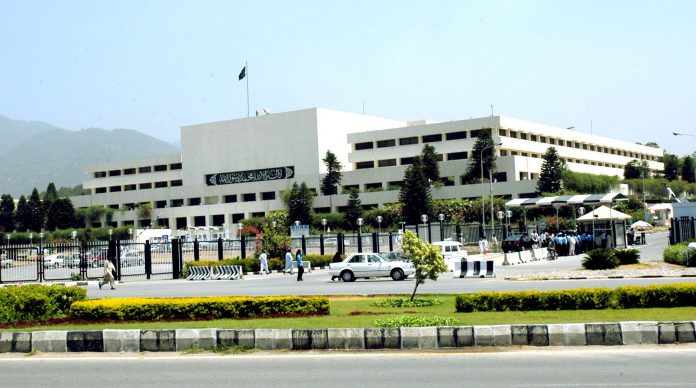Islamabad: The National Assembly Standing Committee on Textile Industry on Wednesday emphasised the importance of value addition and promoting and facilitating garment exports in order to enhance the country’s overall shipments.
Members of the committee came up with recommendations in an attempt to offer incentives to the garments industry and its small units, which would help them enhance their value-addition capacity. The move comes at a time when Pakistan’s overall exports have gone down from around $24 billion to around $20 billion per annum over the past few years of which textile exports constituted more than half of the total shipments.
The committee meeting, held at the Ministry of Textile Industry and chaired by MNA Haji Muhammad Akram Ansari, discussed the current situation of textile industry and proposals floated by exporters. Federal Minister for Commerce Engineer Khurram Dastgir Khan insisted that the government was committed to resolving the issues of electricity tariffs and sales tax on a priority basis.
He revealed that Rs15 billion would be given to the textile sector under the prime minister’s trade enhancement package by August 14, 2017.
The minister said the government gave priority to facilitating the textile sector and helping it gain competitiveness in order to enhance the country’s exports.
“We want to revive confidence of the textile sector through the trade enhancement package worth Rs162 billion. We are committed to providing an enabling environment for the sector,” he said.
Committee members underscored the need for protecting the domestic textile industry and enhancing export volumes of the country.
All Pakistan Textile Sizing Industries Association Chairman Mian Zahid Rasheed, while speaking during the meeting, emphasised that the government must support the textile industry for an export-led growth of the national economy.
He pointed out that now the fast widening trade deficit is a big challenge for the country and asked the government to provide facilities for the textile industry. He called for competing effectively in textile trade with regional countries and sought the resolution of genuine woes of the industry.
He also demanded proper implementation of the prime minister’s export enhancement package for facilitating the textile industry.
Compared to regional countries, Rasheed said, member mills of his association were concerned about the high cost of doing business, including the burden of surcharges in electricity bills and levy of taxes on the export-oriented industry.




